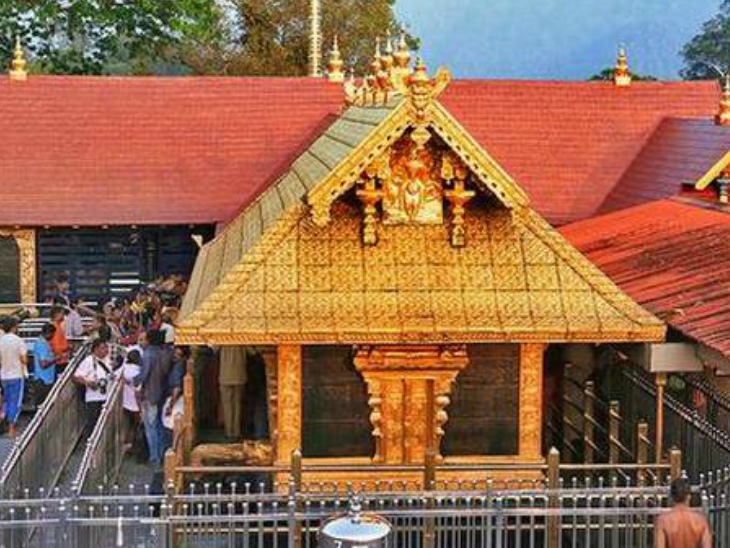Practitioners of Hinduism are worldwide. Exploring the rituals, scientific underpinnings, and contemporary significance of Hinduism, from ancient Vedic times to 2025. Across India and global Hindu communities, by blending tradition, scientific inquiry, and modern values.
In This Article:
Rituals: Sacred Traditions with Purpose
Hinduism’s rituals, rooted in the Vedas (1500–500 BCE), are vibrant expressions of devotion. Practices like puja, yajna (fire rituals), and festivals such as Diwali connect devotees to divine energies. These rituals often align with cosmic cycles—lunar phases for fasting or solstices for celebrations like Makar Sankranti. Mantras, chanted in Sanskrit, carry vibrational significance, believed to harmonize mind and body, fostering spiritual focus.
Science Behind the Practices
Many Hindu rituals align with scientific principles. The use of turmeric in ceremonies has antiseptic properties, while cow dung and urine, used in traditional medicines, contain antimicrobial compounds, as validated by modern studies. Meditation and yoga, integral to Hinduism, are backed by neuroscience for reducing stress and enhancing mental clarity. The Vedic concept of the universe’s cyclical nature—yugas spanning billions of years—parallels modern cosmology’s Big Bang and expansion theories.
Modern Relevance
In 2025, Hinduism’s 1.2 billion followers adapt its timeless wisdom to contemporary life. Yoga and Ayurveda have gained global acclaim, with the global yoga market valued at $107 billion. Environmental consciousness in rituals, like eco-friendly Ganesh idols, reflects sustainability. Hinduism’s emphasis on pluralism—“Ekam Sat, Vipra Bahudha Vadanti” (truth is one, paths are many)—promotes interfaith harmony, resonating in diverse societies. Digital platforms now stream pujas, making spirituality accessible.
Challenges and Evolution
While superstitions or rigid practices face critique, progressive Hindus advocate for rational interpretations, aligning rituals with ethical living. Hinduism’s flexibility ensures its relevance, encouraging inclusivity and scientific inquiry while preserving cultural heritage.
-By Manoj H




